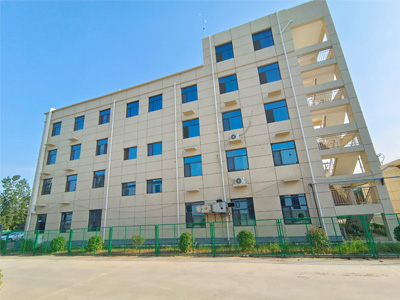Effective Water Scale Inhibitors | Prevent Scale Build-Up in Water Systems
The Importance of Water Scale Inhibitors in Modern Water Management
Water is essential for life, but its management in industrial and residential systems presents numerous challenges. One significant issue is the formation of scale deposits within pipes, boilers, and cooling towers. These deposits, primarily composed of minerals such as calcium carbonate and magnesium, can severely impair system efficiency and longevity. To combat this problem, water scale inhibitors have become crucial in water treatment processes.
Water scale inhibitors function by disrupting the crystallization of mineral deposits, preventing them from adhering to surfaces. They achieve this through various mechanisms, including the modification of crystal growth or by forming protective layers on surfaces. Common types of scale inhibitors include phosphonates, polyacrylic acids, and biodegradable polymers, each chosen based on specific application needs and water chemistry.
The benefits of using water scale inhibitors are multifaceted. Firstly, they enhance the efficiency of heating and cooling systems. By preventing scale buildup, energy consumption is reduced, leading to significant cost savings over time. In industries where temperature control is critical, such as power generation or food processing, maintaining optimal thermal efficiency is essential for productivity and product quality.
water scale inhibitor

Moreover, scale inhibitors contribute to the longevity of equipment. Scale deposits can lead to corrosion and mechanical failures, necessitating costly repairs or replacements. By minimizing scale formation, these inhibitors help ensure that systems operate smoothly, thereby extending their lifespan and reducing maintenance costs.
In addition to economic advantages, the environmental impact of water scale inhibitors is worth noting. The reduction in energy consumption not only translates to cost savings but also lessens the carbon footprint associated with industrial processes. Furthermore, the use of biodegradable scale inhibitors presents a more sustainable choice, aligning with global efforts to reduce harmful substances in water bodies.
However, the selection and application of water scale inhibitors require careful consideration. Factors such as water composition, temperature, and specific system conditions must be evaluated to ensure optimal performance. In many cases, a combination of different inhibitors may be necessary to address complex scaling challenges effectively.
In conclusion, water scale inhibitors play a vital role in modern water management by preventing scale formation, thus enhancing efficiency, reducing costs, and promoting sustainability. As industries continue to prioritize resource efficiency and environmental responsibility, the demand for effective scale inhibition technologies is likely to grow. Investing in high-quality water treatment solutions will not only benefit individual operations but also contribute to a more sustainable future for our water resources.
-
Water Treatment with Flocculant Water TreatmentNewsJun.12,2025
-
Polymaleic AnhydrideNewsJun.12,2025
-
Polyaspartic AcidNewsJun.12,2025
-
Enhance Industrial Processes with IsothiazolinonesNewsJun.12,2025
-
Enhance Industrial Processes with PBTCA SolutionsNewsJun.12,2025
-
Dodecyldimethylbenzylammonium Chloride SolutionsNewsJun.12,2025





